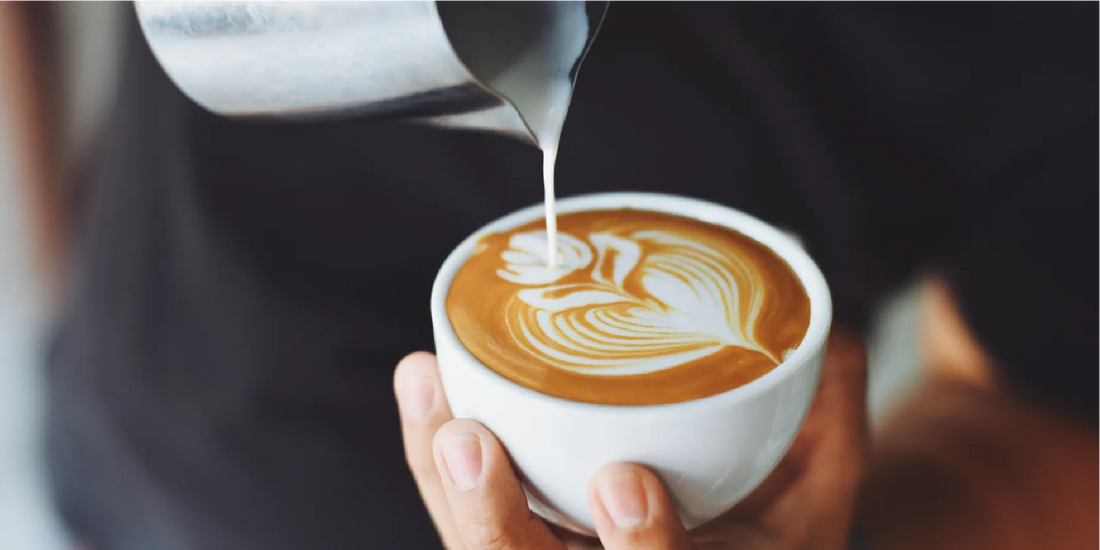
Let’s be honest—giving up caffeine sucks.
For us, day one was brutal. We were straight-up zombies. Stumbling through the day, brain fogged, craving a hit of our favorite drug.
Cue the withdrawal headaches. The irritability. The existential questions like:
“Can I actually do this?”
Spoiler: You can. We did—and it changed everything.
By day three or four, our bodies started to recalibrate. And then something incredible happened:
We woke up with natural energy.
No more robotic march to the coffee machine. No more fake fuel-ups just to function.
Instead, our body was finally talking back. And what it said was loud and clear:
We were burnt out. Running on fumes. Masking exhaustion with stimulants.
What we learned after quitting caffeine
1. Deep sleep = real energy
Turns out, we don’t need a double espresso to feel alive.
A solid night of deep, uninterrupted sleep gave us all the energy we needed to wake up vibrant and ready to go.
2. Caffeine was masking the problem
The real issue wasn’t a lack of coffee. It was adrenal fatigue, poor sleep quality, and no recovery.
Caffeine gave us “fake energy”—a short-term high with long-term costs.
3. We were fully dependent
We didn’t realize how hooked we were until we stopped. Every morning, every slump, every meeting—we were reaching for it. Not because we needed it, but because our body forgot how to make its own energy.
4. Our bodies forgot how to function naturally
Even digestion was dependent on caffeine. That daily morning “movement”? Yeah, it wasn’t entirely natural. It was triggered. Which felt… off.
5. Caffeine should be a tool, not a crutch
We’re not anti-caffeine. But we’ve learned it’s best used intentionally—for performance, not survival. It’s a tool, not a life-support system.
☕️ So, what now?
Before you say, “I could never,” hear us out:
You don’t have to give up your favourite cozy morning ritual. The scent, the warmth, the stillness before the day begins—it’s sacred. And the good news? You can still have all of that without the crash.
We’ve put together a few caffeine-less solutions to help bridge the gap while you support your body in creating real, sustainable energy—from the inside out:
🔁 3 on, 1 off
Stick with your usual caffeinated drink for 3 weeks, then take 1 week off. Use that week to switch to decaf or a nourishing alternative. This gives your body a scheduled reset and helps reduce reliance on stimulants.
🍵 Low-stim swaps
Opt for natural, low-stimulant alternatives like matcha green tea, yerba maté, or high-quality black teas. These offer a gentler boost with less disruption to your nervous system.
☕️ Switch to decaf
This was the game-changer for us. We swapped out our daily espresso with a smooth, rich Swiss Water Process decaf—no chemicals, no compromise. And guess what? We didn’t miss a thing.
Final thought
Quitting caffeine doesn’t have to mean quitting comfort. You’re simply choosing to restore your energy in a way that supports your whole body—long term. Whether you ease into it or go all in, just know:
Your body already knows how to generate its own power. Give it time, give it sleep, and give it space.
💤Tonight’s deep sleep tip:
Cut the afternoon coffee. Try switching to decaf or caffeine-free herbal tea after 12pm to give your body the best shot at deep, undisturbed sleep tonight.
rest easy, rise ready.
Paige Alexandra
Founder, @iampaigealexandra


